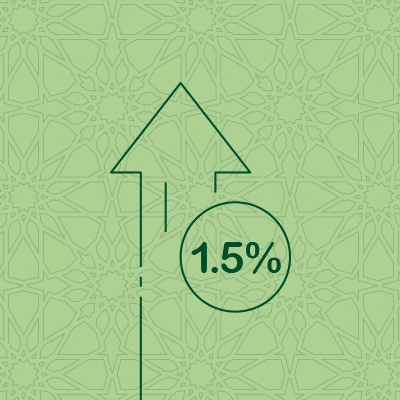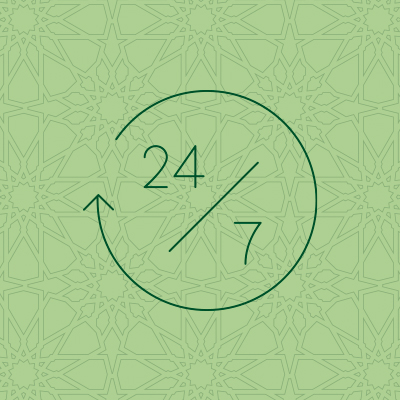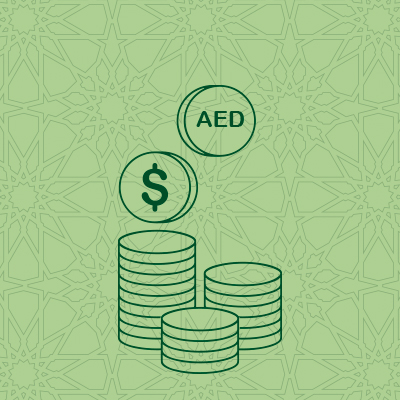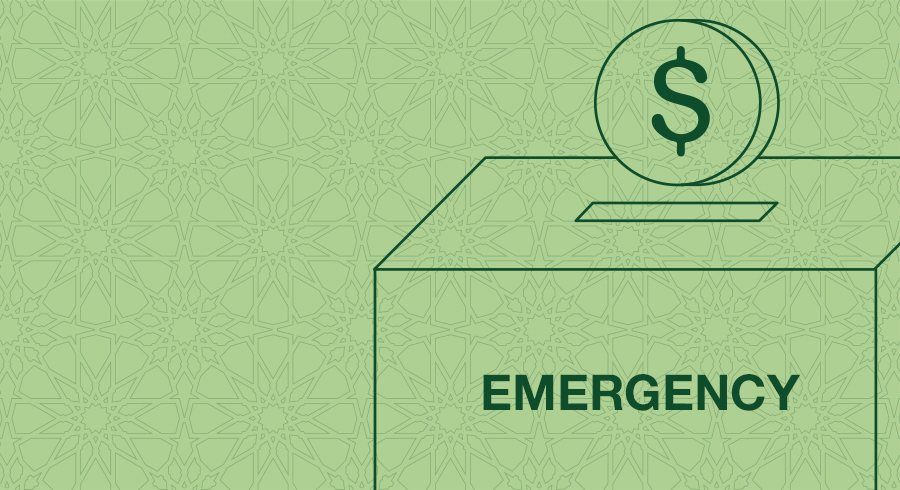Your financial circumstances can change suddenly. What’s your savings plan?
Book an appointment Book an appointment







There is no monthly average balance to maintain with an XtraSaver account
Compound interest (or compounding interest) on a deposit or loan is the interest calculated on both the initial amount plus interest accumulated from previous periods. Compound interest can be thought of as the interest on interest.
Example:
If you have an initial sum of AED 100 and it earns compound interest at 2% per year (compound period = yearly):
After 1 year you will have AED 102 in total
After 2 years – AED 104.
After 3 years – AED 106.1
After 4 years – AED 108.2
After 5 years – AED 110.4
After 6 years – AED 112.6
After 7 years – AED 114.9
After 8 years – AED 117.2
Figures rounded to 1 decimal place
Note that the interest added each year is not simply AED 2 (that would be simple interest). It is more than this, because the interest earned from previous years is added to each new year’s total before the new compound interest is calculated.
So the amount added each year does not stay the same, it increases. Depending on the interest rate (in this case 2%), the total grows slowly at first, but grows faster over time. It grows faster than simple interest, which is calculated only on the initial amount.
Compound interest can significantly boost investment returns over the long term. While an AED100,000 deposit that receives 5% simple interest would earn AED50,000 in interest over 10 years, compound interest of 5% on AED100,000 would amount to AED 62,889.46 over the same period. A difference of nearly AED 13,000. Most savings accounts pay compound interest. Fixed-income deposits pay simple interest.
Compounding Periods
When calculating compound interest, the number of compounding periods makes a significant difference. The basic rule is that the higher the number of compounding periods, the greater the amount of compound interest.
The most commonly used compounding schedule for savings accounts is daily.
For home mortgage loans, or credit card accounts, it is monthly. Interest on an account may be compounded daily but only credited (added to the existing balance) monthly. It is only when the interest is actually credited that it begins to earn additional interest in the account.
This information is neither an offer to sell, purchase or subscribe for any investment nor a solicitation of such an offer. This information is general and does not take into account a person’s individual circumstances, objectives or needs. Investments carry risk and values may go up as well as down.